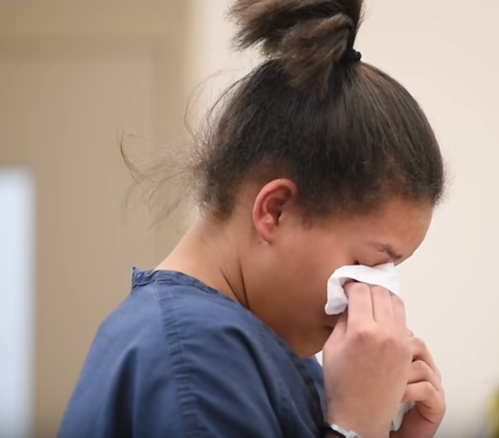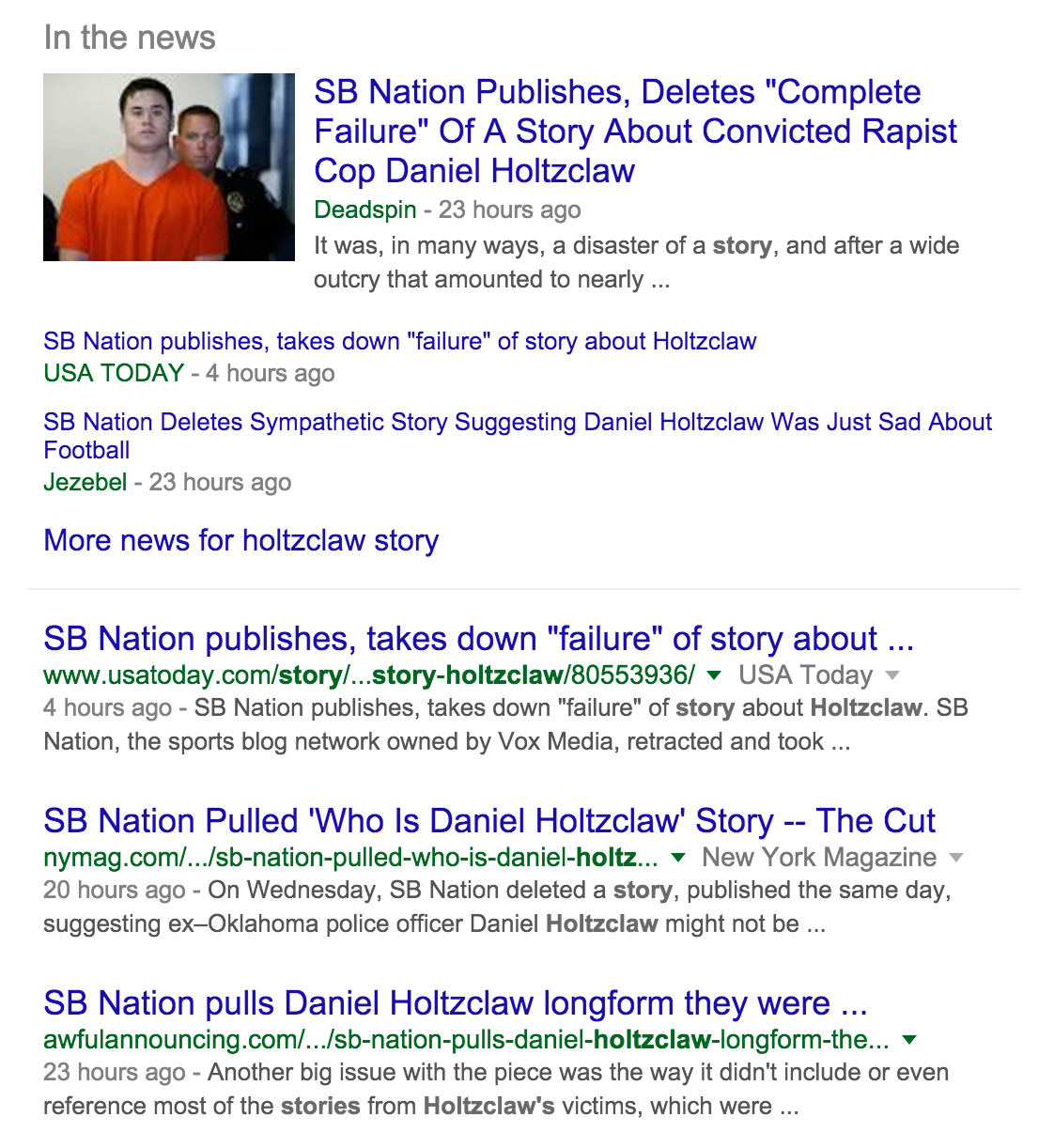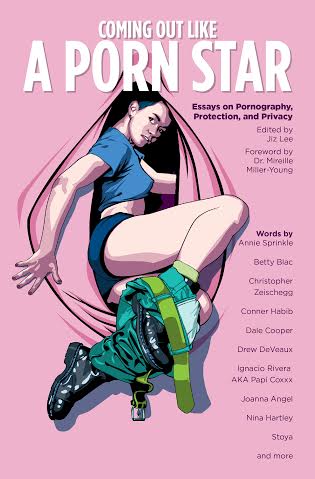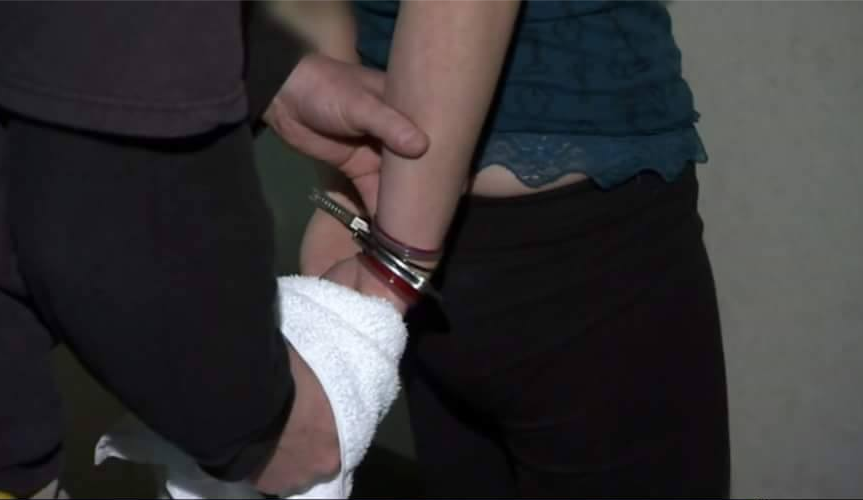Content warning: This piece contains general discussion of child sexual abuse. Reading about the plight of Latesha Clay, the child in Grand Rapids, MI sentenced to nine years in prison after being used as live bait in a robbery scheme, the thing that struck me was the use of the word “victim.” Of course, referring… Continue reading Who’s The Victim: The Tragedy of Latesha Clay
Stay In Your Fucking Lane, Male Reporters
The past week certainly was a banner one for record lows in sex work journalism, wasn’t it?
Two Excerpts From Coming Out Like A Porn Star
Coming Out Like A Porn Star is an anthology edited by award winning indie porn talent and author Jiz Lee consisting of essays by porn performers and industry workers on privacy and disclosure. It was featured by Reason’s‘ Elizabeth Nolan Brown as one of the best sex work books of 2015. Foreworded by renowned Black porn… Continue reading Two Excerpts From Coming Out Like A Porn Star
Activist Spotlight: Morgan M Page on Trans History And Truth
Morgan M. Page, veteran Canadian trans and sex workers’ rights activist, artist, and writer, recently launched a new podcast focusing on Western trans history called One From The Vaults. Tits and Sass interviewed with her to coincide with the posting of the fourth episode of the podcast. Two of the three episodes you have up… Continue reading Activist Spotlight: Morgan M Page on Trans History And Truth
602 Imaginary Prostitutes Were Arrested in Alaska Three Years Ago
In the FBI’s 2013 Uniform Crime Report, released in November 2014, Alaska reported 648 prostitution arrests: 1 juvenile and 647 adults. This number is up from 38 arrests in 2012 and 69 in 2011. How could prostitution arrests have jumped so much in just one year? They didn’t. Alaska maintains a report entitled Crime In… Continue reading 602 Imaginary Prostitutes Were Arrested in Alaska Three Years Ago




